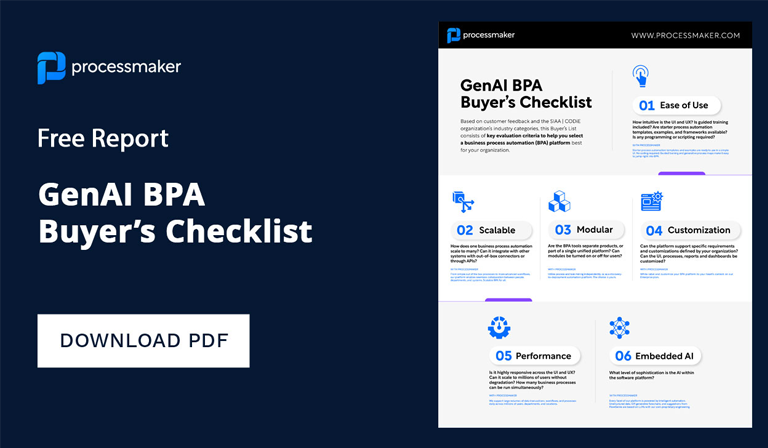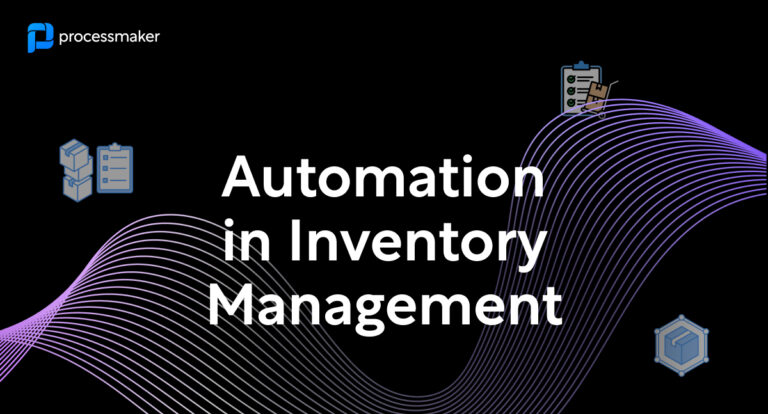Treasury management services offer a system that performs the work of a treasurer. An individual who acts as a treasurer is the person who manages a company’s cash flow from the amount held to the liquidity. With this form of management, teams and departments can conduct daily operations since there is cash on hand. In addition, treasury management services include guidance along the macro-financial execution of a business and the associated strategies.
For example, if the board decides to expand globally, the treasurer will determine if the company’s balance sheet can support this type of activity. Think of these types of tasks in terms of treasury management services and their fundamentals.
Why are treasury management services so important?
Productivity Improvement- they can help improve productivity when repeatable manual processes are automated such as financial data management or even automated payment initiation which can help to eliminate bottlenecks within organizational workflows.
Manual Process Elimination- Further, with a reduction in manual processes – in favor of process automation – human errors can also be minimized. In the end, treasury management services in banks can help a business stay afloat since cash flow is actively monitored. Keep reading to learn more.
Responsibilities covered by treasury management in banks
PORTFOLIO MANAGEMENT
It is critical for every company to effectively manage their portfolios for liquidity, capital efficiency, and yields. Some of the world’s largest companies often have reserve treasury funds in the billions. How do they do this? By wisely investing extra cash found on the balance sheet.
FUNDS TRANSFER PRICING (FTP)
Treasury management services must understand what the liabilities are relative to profit-generating tasks. The FTP represents the overall cost of liabilities to a business department if it wishes to create a new asset. In fact, this is the comprehensive weighted average cost of every liability.
TRADING AND HEDGING
Treasury services also use derivatives to ensure the books are balanced. Trading and hedging is used for risk management and may include spot trades or even interest rate swaps. Changes in currencies can also distort risks.
ASSET LIABILITY MANAGEMENT (ALM)
With ALM, you are concerned about instruments on the balance sheet – specifically, assets and liabilities. Next is how they interact with each other to represent a company’s financial position. ALM is critical in treasury management services since it relates to the type of leverage a business may have to either borrow or lend money.
When assets and liabilities are optimized, businesses have a greater opportunity for profitability. In simpler terms, what can treasury management services in banks do?
- Look for cheaper borrowing costs
- Obtain higher yields out of assets using portfolio management and ALM
- Optimize debt
Invariably, many companies fail because they do not prioritize treasury management services and instead offload a bulk of this type of work onto the already-overwhelmed accounting team. Not to mention the ineffective and scattered organizational silos and outdated manual processes can wreak havoc on a company’s available cash flow.
In terms of costing up a balance sheet, it is vital to get it right so that new business activities can move forward while adding value to the business instead of decreasing the cash flow. The cash position of any business is a must-know for every stakeholder.
What are some of the most popular treasury management services?
Meeting the daily needs of your company requires structured capital management. Not only do you get to protect your money, but you can also mitigate potential risks using powerful financial data reporting. Here is a list of several treasury management services in banks:
- Integrated payables — Integrate process automation for routine and repeatable tasks. Optimize excess funds.
- Integrated receivables — Use working capital efficiency. Accelerate cash flows.
- Risk management — Protect your cash flow from breaches and fraud.
- Liquidity services — Access an escrow manager, and sweep accounts.
- Global treasury services — Account services to manage payables and receivables in foreign currencies.
- Automated clearing house (ACH) — Process automation for same day money transfers.
- Account reconciliation
- Account sweep services — Improve cash balances with investment sweeps.
- Payroll services
- Merchant services
The above are crucial services to ensure positive cash flow. Manual processes can be automated too with treasury management products such as daily reconciliations, checking for fraud exceptions, accounting entries, screen scraping for interest rates, claims and payment processing, expense reviews and more. Through process automation, not only do you reduce human resources costs, but you also reduce human errors while improving risk management and productivity.
In addition, treasury management services can improve user activity transparency. Audit trails can be created for all end users. Moreover, treasury management services can help to ensure organizations are fully compliant with regional and global regulations because you now have a platform to standardize processes and systems.
Instead of having multiple, disparate systems, it would be more beneficial to have a centralized platform to execute treasury management. Account aggregation does not have to be complicated or piecemeal. Spend less time on repeatable workflows, and focus instead on value-added activities.





